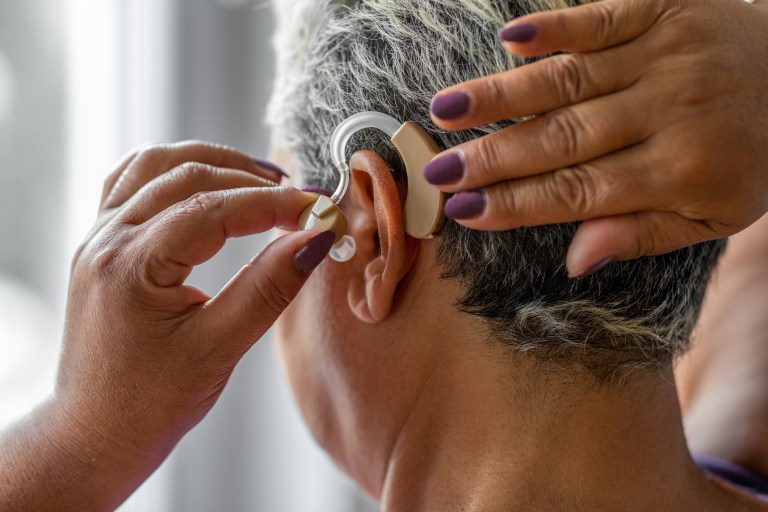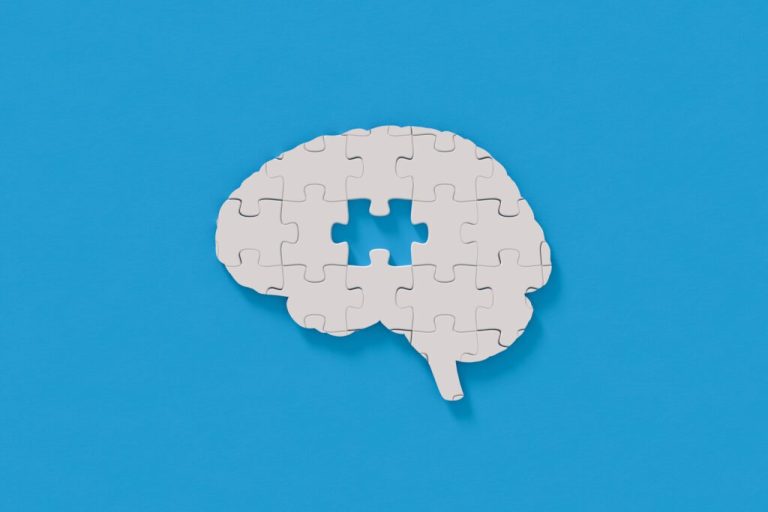New research is underscoring the importance of physician empathy within doctor-patient relationships, determining that it’s linked to better outcomes in the treatment of people with chronic pain.
The study, published April 11 in Jama Network’s open access journal, included 1,470 adults with chronic low back pain. Over the course of 12 months, patients who were treated by “very empathic” physicians reported “significantly better and clinically relevant outcomes pertaining to pain, function, and health-related quality of life” than patients treated by only “slightly empathic” physicians.
Perhaps most compelling is that researchers also determined physician empathy was more strongly associated with favorable outcomes than opioid treatment, non-pharmacological interventions, and lumbar spine surgery.
“Greater efforts to cultivate and improve physician empathy appear warranted,” the authors wrote, adding: “Although there is no agreement on how to define or study empathy, empathic opportunities arising during medical encounters may be missed, thereby posing a threat to the patient-physician relationship.”
Empathy may play an even bigger role for people with chronic pain than it does for other patients, as they frequently feel “isolated, misunderstood, or stigmatized” when an underlying cause for their symptoms can’t be determined via methods like X-rays or exams.
“There’s no objective evidence on diagnostic tests to explain why they have chronic pain,” lead author Dr. John Licciardone, regents professor at The University of North Texas Health Science Center, told UPI. “In that case, the interaction with the doctor becomes much more important. When patients have an empathic doctor that they can relate better with, they’re more likely to have adherence to their treatment plan and to follow their doctor’s advice, so that usually leads to better outcomes.”
Dr. Kimberly Mauer, medical director of the Comprehensive Pain Center at Oregon Health & Science University and not involved in the study, agrees.
“Physician empathy has a substantial effect on [a] patient’s pain. So often these days, patients tell us that they wonder if people believe them about the suffering they are experiencing,” she explained to the outlet. “I believe that they feel this way because we don’t have objective ways to measure pain intensity.”
According to the authors, most studies on physician empathy rely on observational research. They often involve practitioner self-assessments — which measure the doctors’ perception of their own empathy levels rather than the empathy itself — or patient-perceived empathy reports.
This study used a measure called the Consultation and Relational Empathy, or CARE, “owing to its reliability and internal validity and consistency,” the authors wrote. They noted that it “may capture subtle nuances of patient interactions with physicians, thereby confirming its value in assessing relational components of empathy.”
Another boon to the research is its duration, David Cates, director of behavioral health at the University of Nebraska Medical Center’s Nebraska Medicine, who was not involved in the research, told UPI.
“The relatively long (12-month) follow-up period and the use of patient ratings of physician empathy, in particular, add value to this study,” he said.
Hopefully, these findings help cement how impactful a physician’s attitude toward and interactions with a patient can be, and lead to greater endeavors to cultivate empathy.
Timothy Chryssikos, a neurosurgeon at the University of Maryland Medical Center in Baltimore, shared that he recognizes that all of his patients are unique, so he makes an active effort to give them his close attention when they share their stories and goals.
“Often, they are things we take for granted,” he told UPI, “such as ‘I’d like to be able to walk to the mailbox’ or ‘I’d like to sit without pain.’ This study reminds us all to always put the patient first.”











